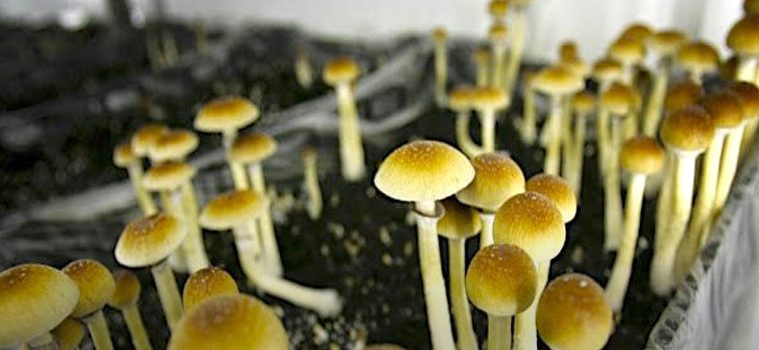Lucy in the Sky with Diamonds –
January 16, 2020 – Psychedelic drugs—once promising research subjects that were decades ago relegated to illicit experimentation in dorm rooms—have been steadily making their way back into the lab for a revamped 21st-century-style look … A frenzy of interest has captivated a new generation of researchers, aficionados and investors, triggering some understandable wariness over promises that may sound a little too good to be true. But late last year the highly respected institution Johns Hopkins University—the U.S.’s oldest research university—launched a dedicated center for psychedelic studies, the first of its kind in the country and perhaps the world’s largest. With work now underway, the center is aiming to enforce the strictest standards of scientific rigor on a field that many feel has veered uncomfortably close to mysticism and that has relied heavily on subjective reports. Early results have been promising and seem poised to keep the research on a roll.
Psilocybin (a psychoactive compound found in certain mushrooms) and LSD were widely studied in the 1950s and 1960s as treatments for alcoholism and other maladies. They later gained a reputation in the media and the public eye as dangerous and became strongly associated with the counterculture. Starting in 1966, several states banned their use. In 1968 LSD was outlawed nationwide, and in 1970 Congress passed the Controlled Substances Act, classifying that drug and psilocybin, along with several others…



